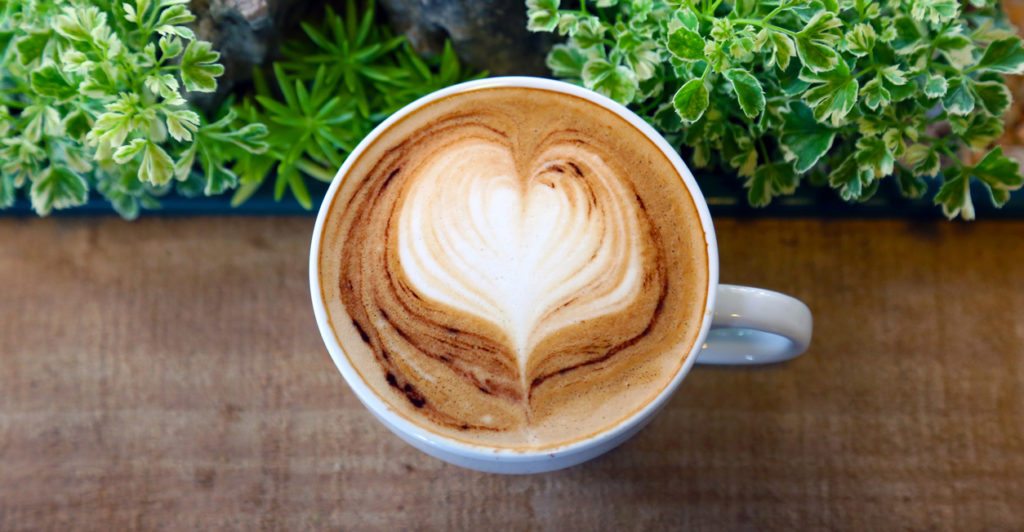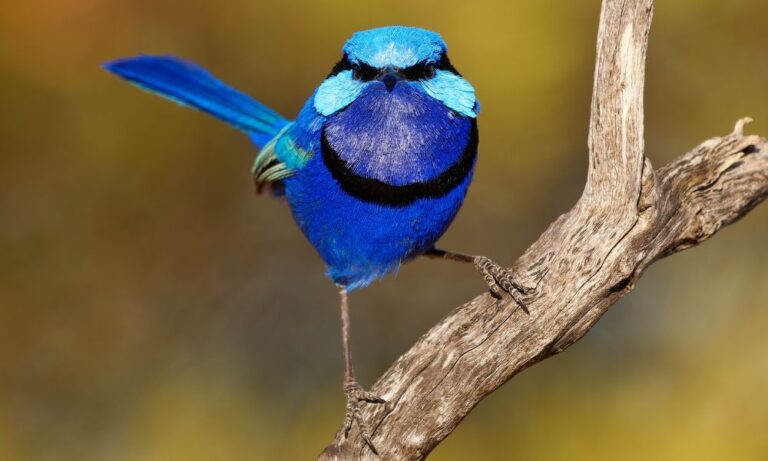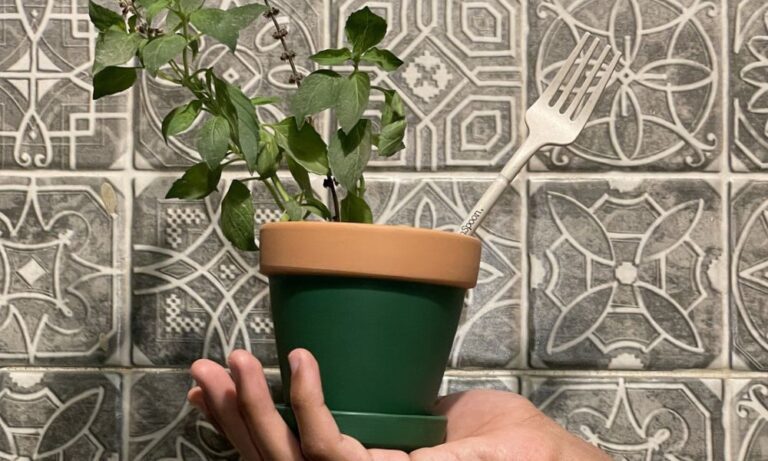Most of us enjoy a hot cup of coffee in the morning and some of us even depend on caffeine to begin the day. Coffee beans are one of the most actively traded commodities in the world, yet the impact this simple bean has on both the environment and coffee-growing communities can be disastrous. Not only are disposable coffee cups one of the biggest contributors to landfill – Australians alone use an estimated 1 billion disposable coffee cups every year – non-organic beans use synthetic pesticides and chemical fertilisers that pose health risks to farmers and end up in waterways, polluting the ocean.
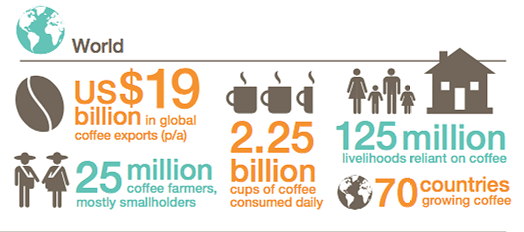
When Helen Ollivier and Christian Lamdin created Kōkako, Auckland’s first organic coffee company, in 2001 they were ahead of their times. “Long before the LOHAS movement became a buzzword Helen and Christian were living and working to promote organics and sustainability”, says Mike Murphy, managing director of Kōkako today. Kōkako is certified organic through Biogro New Zealand, which guarantees a product is made without animal testing, genetic modification or the routine use of synthetic pesticides.
The brand became certified Fairtrade after Murphy purchased it from Helen and Christian in 2007, to ensure a minimum price guarantee for coffee farmers and enhance worker empowerment. “Having worked in the UK and Australian markets I knew the importance of third-party verification for organic and Fairtrade products, so the certification was an important step”, Murphy explains. “This also ensured transparency in our supply chain.” The Fairtrade system makes it easier to ensure the entire production process is ethical from crop to cup, but to confirm they are on the right track the Kōkako team visit various coffee origins to check the system is working (pictured throughout).
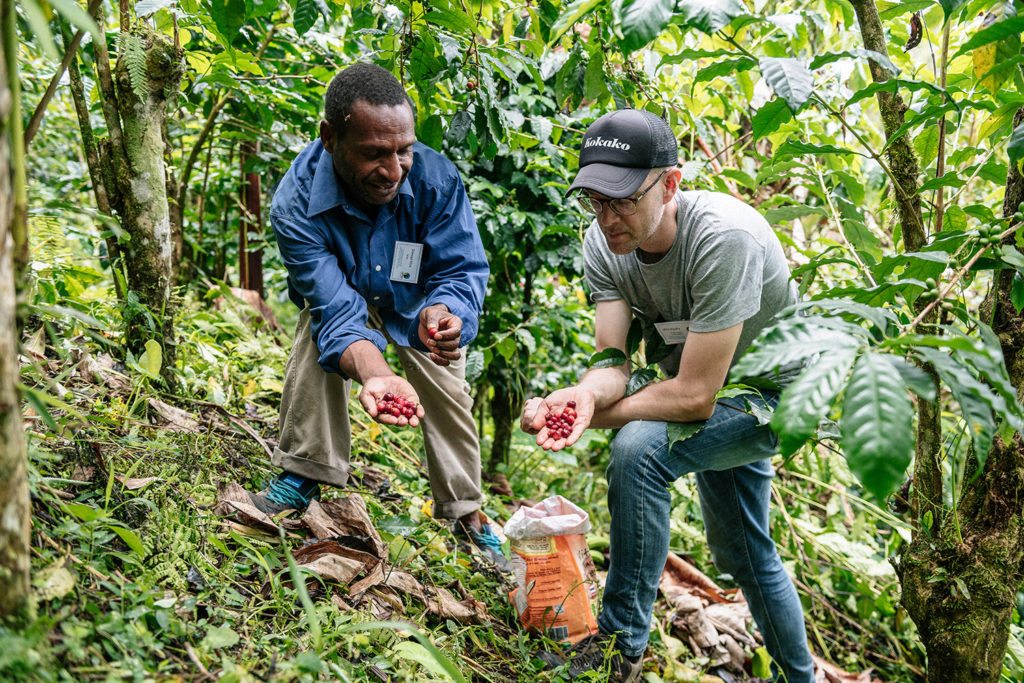
While it’s no secret that going Fair Trade and organic is more costly, it is necessary in order to understand the environmental and ethical components of a supply chain. “We don’t see coffee as a commodity, but rather an artisanal product grown, harvested and produced by real people who need to ensure that their livelihoods are protected”, says Murphy. Reusing and reducing packaging as well as minimising waste and offsetting carbon emissions are other areas that need to be prioritised for a more sustainable industry.
On a local scale, Kōkako provides team members to help the Rotoehu Ecological Trust protect and advance kōkako numbers in a protected native habitat. “We do trap clearing and setting for pests, help to keep the tracks clear and also provide support by way of coffee and drinking chocolate to the volunteers”, Murphy says. “We also provide an annual donation to the trust for them to purchase equipment.”
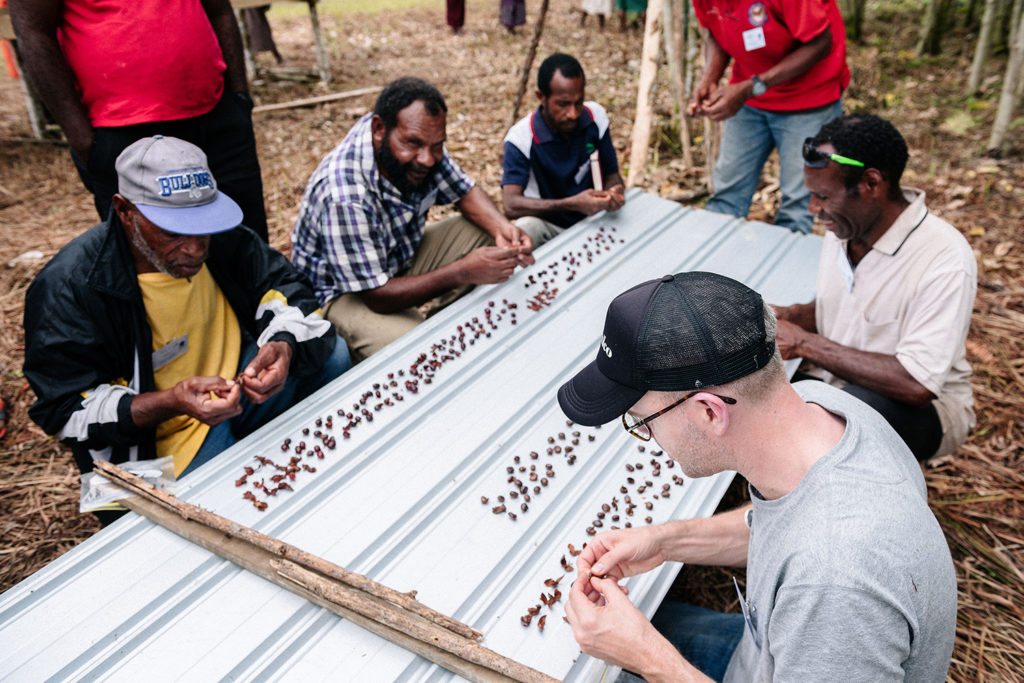
The move towards organic, Fairtrade coffee is the result of an increased awareness of environmental and ethical realities related to the coffee industry. “The consumer is king”, Murphy says. “If the consumer wants it then this will drive changes in the industry and this will impact on the availability of organic and Fairtrade coffee in more retailers.” Already there have been positive changes. “We are seeing a big shift in the willingness of retailers to carry more Fairtrade Organic products, and a greater awareness amongst consumers to make ethical and organic purchasing decisions that are not just driven by the lowest priced product on the shelf.”
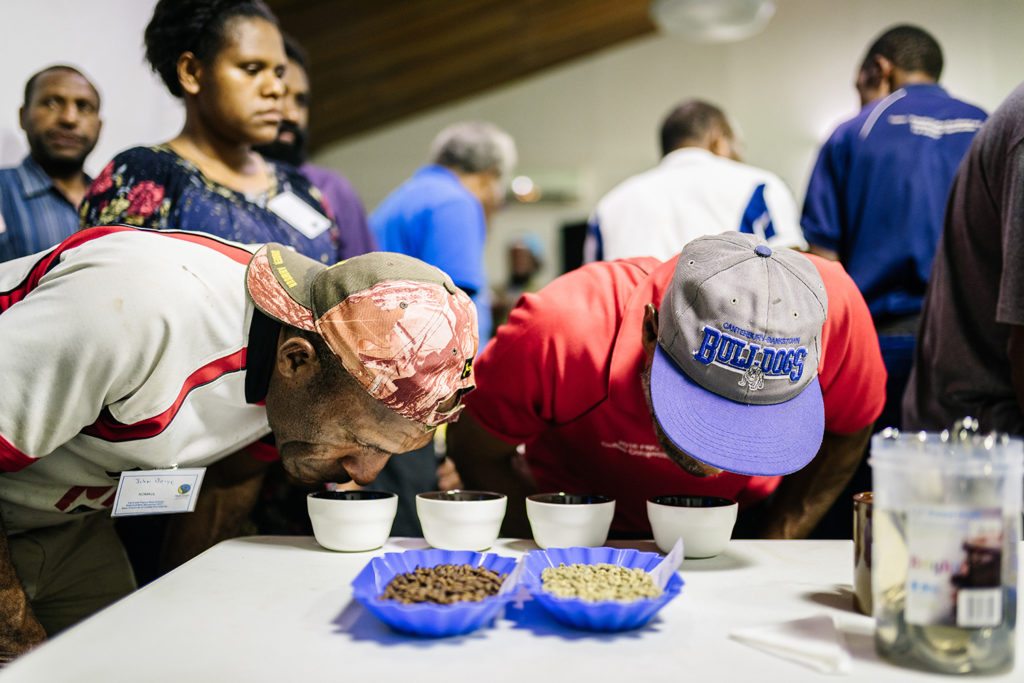
How can you be a more sustainable coffee drinker?
- First and foremost, check for Fairtrade and organic certifications on coffee brands before you buy. Peoples coffee is another local brand which is 100% Fairtrade and organic and works closely with farmers to ensure the supply chain is ethical.
- Bring a reusable cup or consume your coffee instore with crockery.
- If you’re unable to do the above, check that your coffee cup or bean packaging is compostable or recyclable. Honest Coffee Co is another local brand which is passionate about reducing the environmental impact of the coffee industry. All coffee capsules are 100% biodegradable and compostable and organic beans are prioritised.
- Save your coffee granules when making a cuppa at home and use them on your garden or in your compost.
- Use organic milk to make your drink 100% organic.
- Check if the brand you are buying considers its carbon offsets.
READ MORE:


